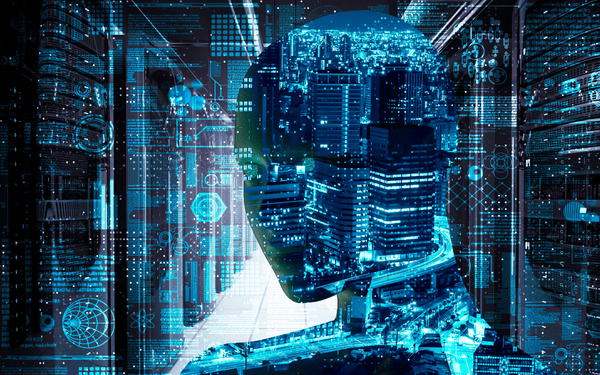
I’ve spent years doing deep-dive product research, and my friends tend to text me before they buy anything. But after testing OpenAI’s new Agent in ChatGPT, I’m not sure my unofficial recommendation business is going to survive.
The findings from my trial have clear implications for brands: access patterns are changing, leading to a new (but familiar) set of recommendations for online visibility.
I received early access to Agent during its rollout to Pro subscribers (type /agent to try it) and decided to run a realistic test: identify the best cookware and water filtration systems in light of the EPA’s new “forever chemicals” regulations. I had already completed my own research on this topic, which made it a strong benchmark for comparison against agentic AI.
Agent Testing & Findings
I provided a prompt that contained the context, explained the evaluation criteria, and requested ownership cost projections.
Here’s the prompt:
Assess the 2025 consumer trend to replace legacy non-stick pans and upgrade home filtration after the new EPA limits on “forever chemicals.” Rank leading PFAS-free cookware lines and NSF-certified countertop filters on removal efficiency, durability, price, and end-of-life recyclability. Model three-year cost-of-ownership and estimate household PFAS reduction in parts per trillion. Conclude with a step-by-step kitchen detox checklist.
The interface allows you to watch the agent use its own virtual desktop to search, navigate websites, open PDFs, and much more. It was very akin to my own process. It even revised its own queries to refine the results, performed on-page search, and created a Python script for the cost analysis piece.
In 16 minutes, the agent completed 18 searches, pulled and synthesized data from 154 sources, and used Python to produce a 2,500-word report in Markdown format. This far surpassed my own efforts, which took hours, were less comprehensive, and resulted in a text message to my husband.
The agent’s text log detailed its actions:
- It conducted web searches and followed Google’s E-E-A-T framework (Experience, Expertise, Authoritativeness, Trustworthiness) to choose sources.
- It prioritized source credibility over ranking, choosing Consumer Reports for unbiased insights. It even said, “I’m opening the Consumer Reports article (#9) to gather information on the best filters and details.”
- It cross-checked information using other reputable sources like The Spruce.
- It prioritized credibility as a consistent factor in its decision-making process.
The largest barrier to the agent’s performance was technical issues like paywalls, AI-blockers, and pop-up ads.
The Implications for Brands
This personal journey isn’t just about avoiding forever chemicals. It also has clear ramifications for brands as agentic AI becomes the norm in consumer research:
- Make your content accessible: A lack of content that’s optimized for AI visibility is a quick way for your brand’s offering to get skipped by AI agents. If the agent can’t get to it, it will move on, and your brand won’t be visible to purchase-driven consumers as a result.
- Prepare for accelerating journeys: The buyer’s journey via agentic AI is going to be massively accelerated. Research that would have taken days or weeks can now be accomplished in minutes.
- Provide depth to AI and consumers: Agentic AI is capable of far deeper research into individual products, services, and brands than the average human searcher. AI agents read and synthesize content at the speed of light and never get tired. Brands must publish in-depth, resource-rich content that addresses consumer search patterns and supports the AI agent’s process.
- Perform technical and content-focused optimizations: Site performance, content depth, structure, EEAT, interlinking, and more all signal trustworthiness and authority to AI agents.
Overall, my test shows that agentic AI offers a powerful upgrade to the search process. As it reaches wider adoption, it will change consumer behavior and expectations and demand more from brands.
In a future where AI agents are the most important visitors to your site, brand marketing strategies should evolve to prioritize AI agent-friendliness.





